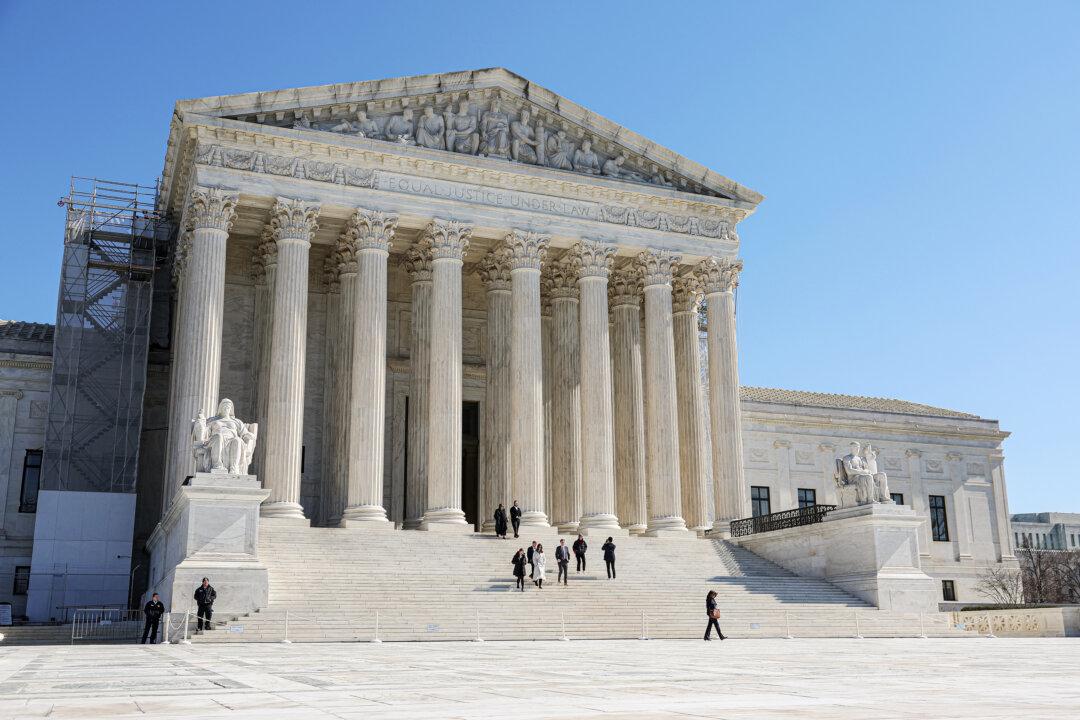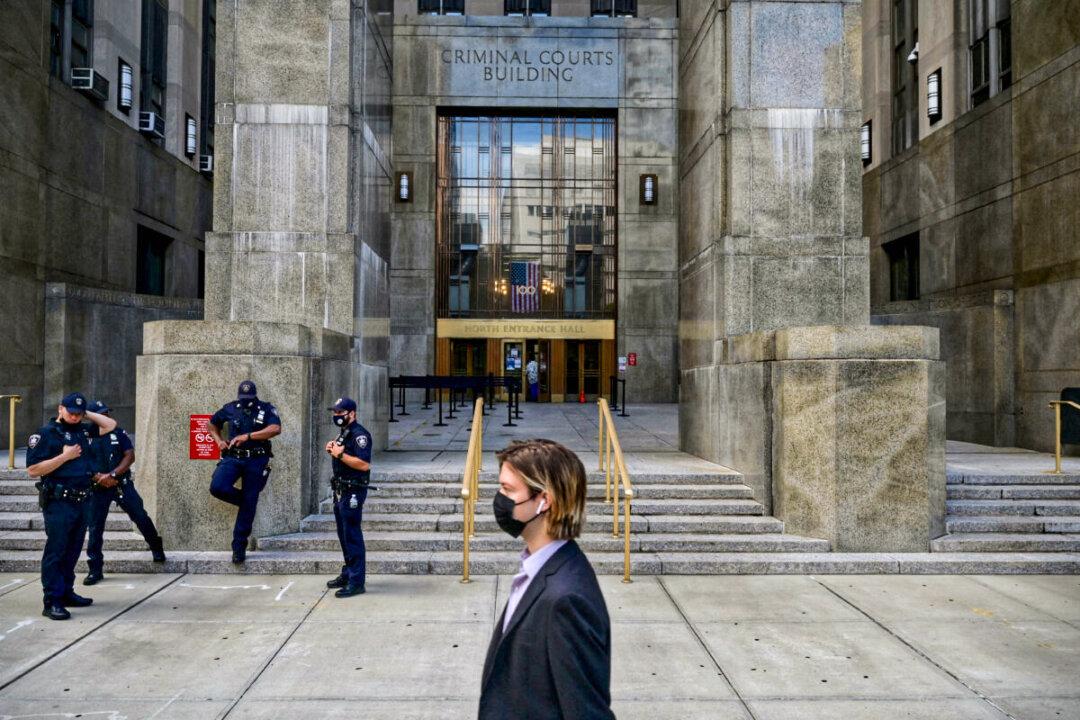 It started in July 2016, with squads of FBI agents sitting in conference rooms from coast to coast, listening to then-FBI Director James Comey’s press conference on the subject of Hillary Rodham Clinton. Public corruption squads, organized crime squads, and foreign counterintelligence squads all had suspended their routine investigations for this momentous moment.
It started in July 2016, with squads of FBI agents sitting in conference rooms from coast to coast, listening to then-FBI Director James Comey’s press conference on the subject of Hillary Rodham Clinton. Public corruption squads, organized crime squads, and foreign counterintelligence squads all had suspended their routine investigations for this momentous moment.The HRC Investigation, as it was referred to by agents, was understood by all as a true test of the bureau’s ability to function objectively, free of political influence. Initially enthusiastic, the agents paid close attention, with a growing sense of certainty that a criminal referral was imminent, for in the United States, even those at the highest level of power are held to account for their acts.





